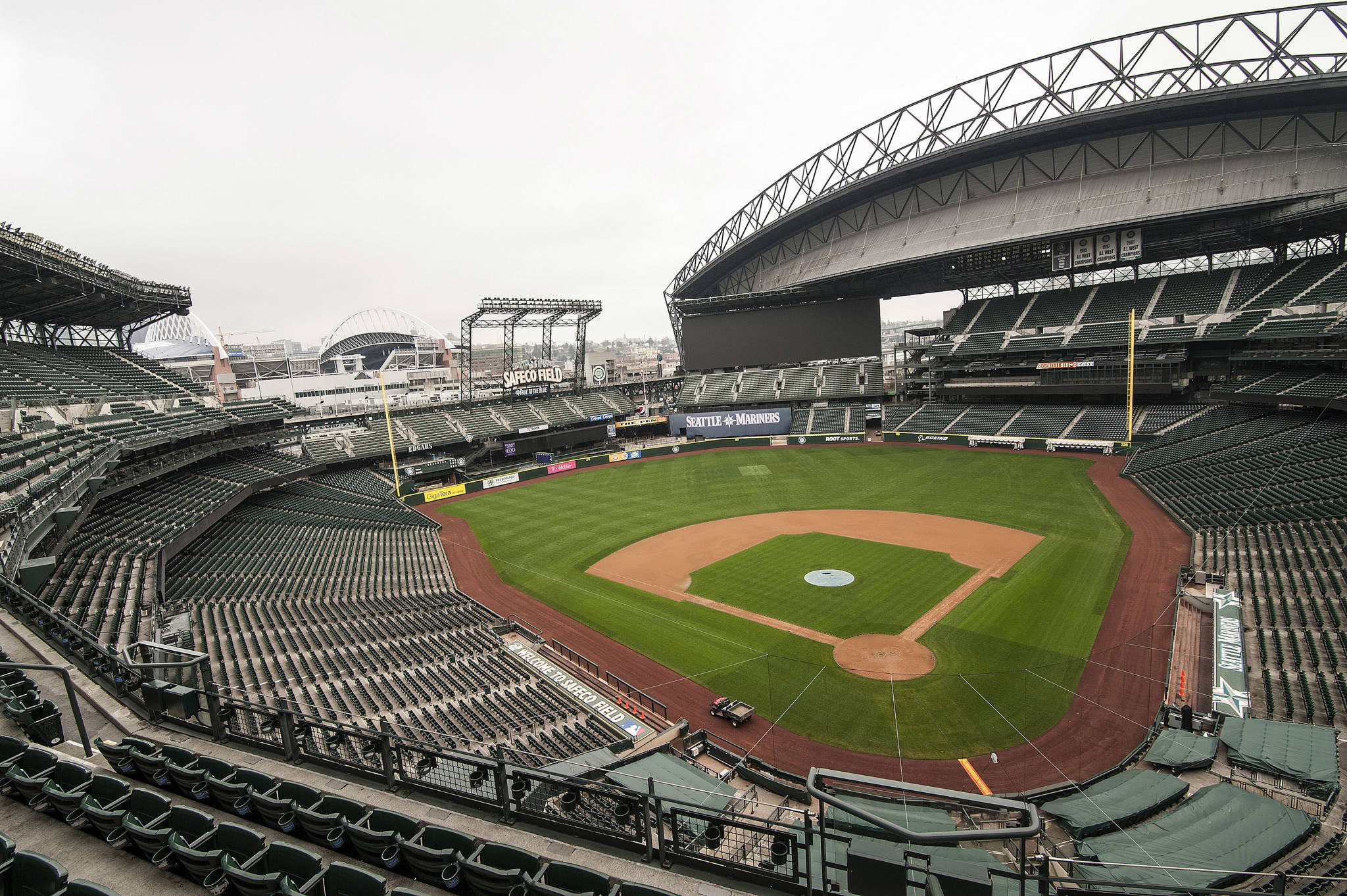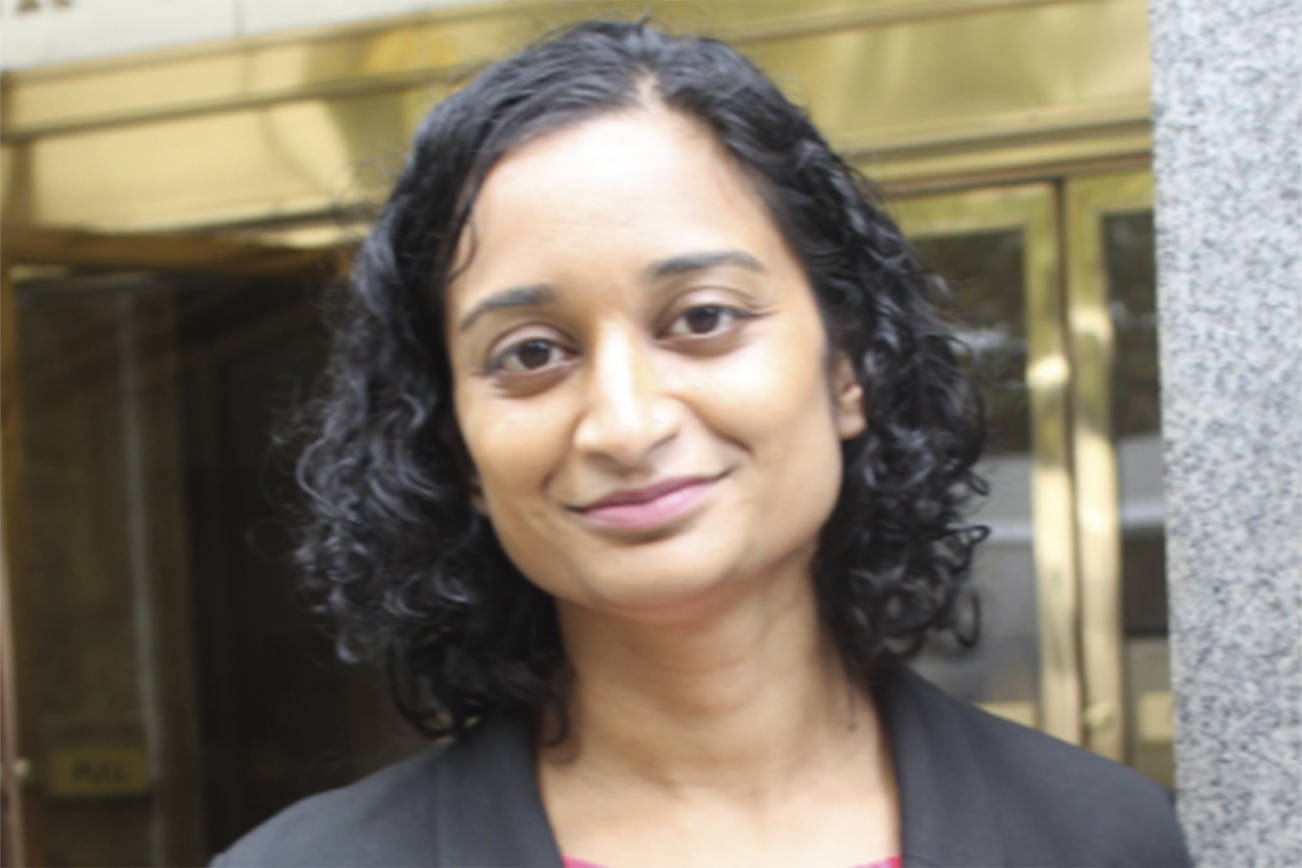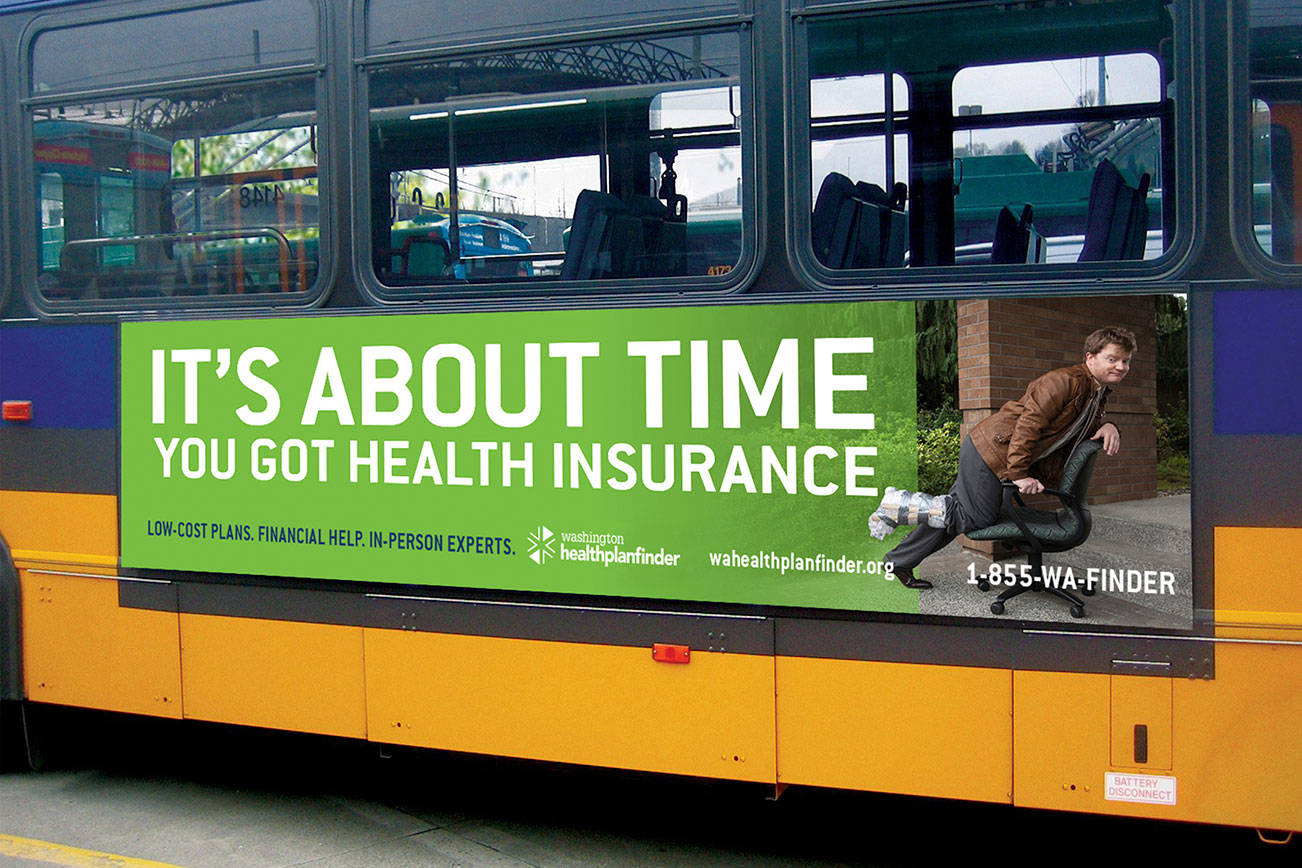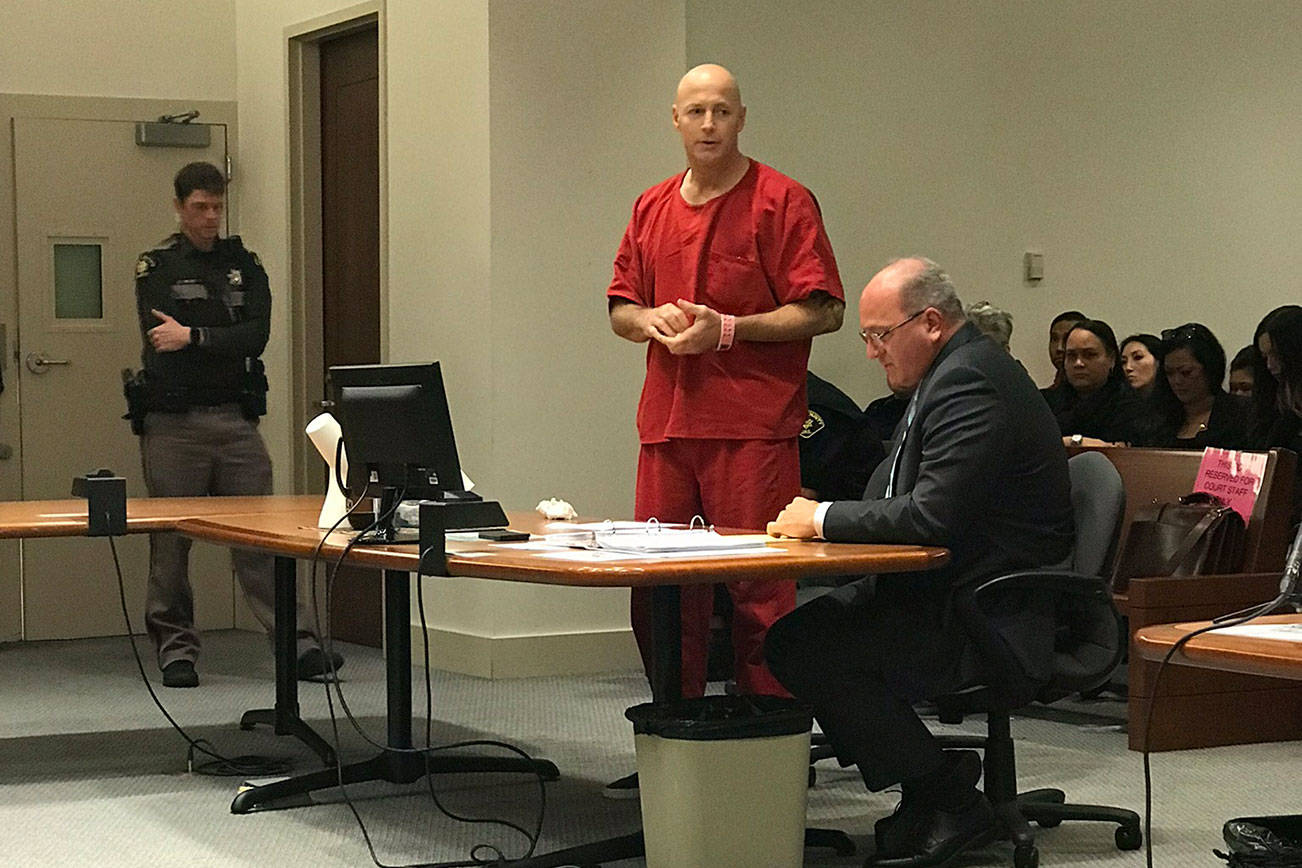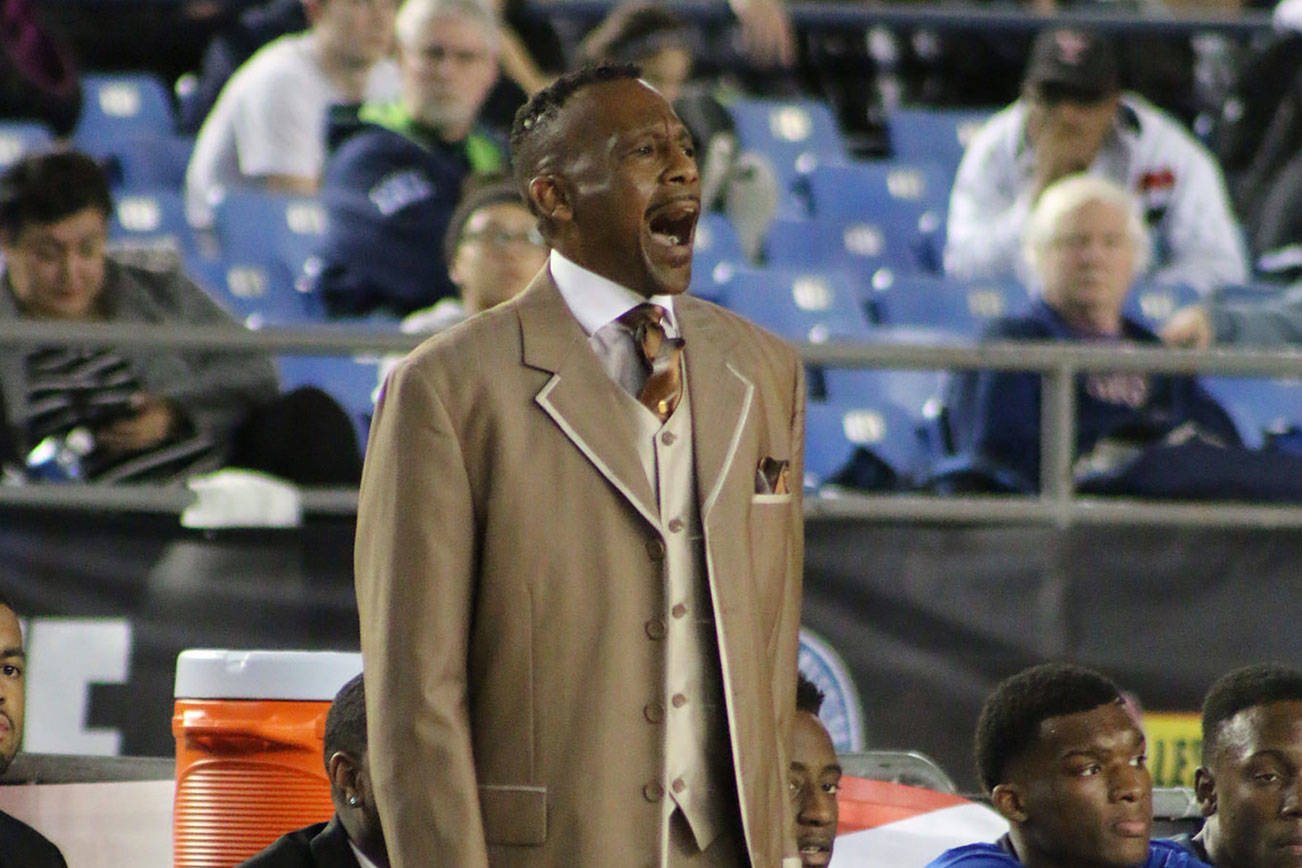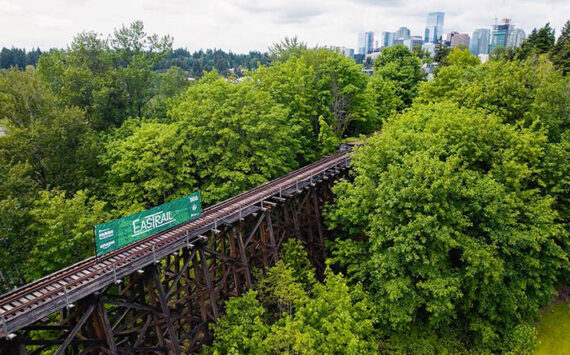At a Aug. 29 meeting, the King County Council opted to delay a possible vote on a proposal from Executive Dow Constantine to spend roughly $180 million in public funds on Safeco Field upkeep to Sept. 5 after a packed hearing that garnered lines out the door of the county courthouse of people hoping to testify on the legislation.
Back in May, King County Executive Dow Constantine rolled out a plan that would invest roughly $180 million in Safeco Field maintenance over the next two decades using revenues from the lodging tax—a fee on hotel and motel stays. (The tax has previously funded stadiums like the Kingdome and Centurylink Field.) County Councilmember Dave Upthegrove immediately criticized the plan, arguing that state law allows for that revenue to be spent on affordable housing and homeless youth services.
The Mariners, who say they won’t sign their new 25-year lease if the county doesn’t allocate the funds for Safeco FIeld, have routinely argued that the stadium is publicly owned and that the county should contribute to its maintenance. The club points a 2015 outside consultant study that stated that Safeco Field needs $385.5 million in “necessary improvements” (e.g. repairs to the retractable roof) and $160 million in non-vital “upgrade improvements,” such as a new brew pub. Under the new lease terms, the club is technically on the hook for all of these costs (including basic annual maintenance), and would pay for both the unnecessary improvements, basic maintenance, and match the county’s investment of roughly $180 million with $200 million for the necessary infrastructure upgrades.
However, the proposal has also garnered significant opposition from housing advocates (they packed an initial July 30 council hearing on the legislation), who point to the homelessness crisis as reason to prioritize housing investments. As a result, one of the plan’s original sponsors, Councilmember Jeanne Kohl-Welles, dropped her support for the ordinance and proposed an amendment to slash the investment in Safeco Field to $25 million and boost the affordable housing spending by $184 million.
At the Aug. 29 council’s Committee of the Whole meeting on the proposal, the council didn’t vote on the ordinance as a whole or Councilmember Kohl-Welles’ amendment. Instead, they grilled representatives from the Public Facilities District (the entity that manages Safeco Field and negotiated the new lease terms with the Mariners) on details of the lease and the financing plan.
Both Councilmembers Upthegrove and Rod Dembowski (the chair of the committee), asked the panel of assembled representatives of the PFD how the annual rent rate in the new lease terms—which starts at $1.5 million per year and increases with inflation—was negotiated (Dembowski called the amount “a little light”). “Why wasn’t that a goal of the lease negotiations to charge enough to cover the cost of upkeep and maintenance?” Upthegrove asked.
Dan Barrett, Executive Vice President of CAA ICON (a consulting firm) who served as the lead lease negotiator for the PFD, said that the rent was one factor in addition to the contributions that Mariners will make to Safeco maintenance, and that the PFD has identified funding sources other than rent to finance the expenses. “It’s very difficult to compare a stadium lease with a traditional stadium lease. They’re just very different,” he told the council. “We’ve identified enough funding sources to cover a substantial portion of those expenses.”
Barrett pointed to the fact that, under the new lease terms, the Mariners would legally be on the hook for all maintenance and upgrade expenses and that the PFD will have the authority to approve any upgrade investments pursued by the Mariners as evidence that the public got a good deal. “We think the risk is on the mariners and not on the PFD.” (He did later state that, if the lodging tax allocation were to go through, it would reduce the Mariners legal financial obligation.)
Councilmember Kohl-Welles brought up her proposed amendment and argued that its $25 million allocation for Safeco would be sufficient to cover the gap between the PFD’s and the Mariner’s contributions to necessary stadium maintenance if the club didn’t invest in unnecessary upgrades.
Gerry Johnson, an attorney with Pacifica Law Group and counsel to the PFD responded by saying: “Unless the Mariners are satisfied—with respect to the level of public investment that they may find acceptable—than we will not have a lease.”
On the subject of the stadium naming rights—which are up for grabs at the end of this year at the Mariners earned around $40 million from over the course of previous 20-year lease—several council members argued that revenue from the naming rights could go towards the maintenance expenses (Kevin Callan, Executive Director of the PFD, told Seattle Weekly that the Mariners would retain the naming rights in the new lease). “Is it theoretically possible that part of the naming rights proceeds could go to the Public Facilities District?” Councilmember Kohl-Welles asked.
Barrett said that the PFD “did not touch naming rights,” to which Dembowski responded: “You just gave them all the upside.”
Fred Rivera, Executive Vice President and General Counsel for the Seattle Mariners, told the committee that currently the club has not identified a partner for naming the stadium.
Following the questioning of the PFD representatives, over 80 people testified on the ordinance—most of whom called on the council to invest more of the revenue in affordable housing.
Mark Santos-Johnson, a City of Renton employee, called for more of the lodging tax revenue to go towards housing. “For years Renton was a place with a lot of more reasonably priced housing. Now, we are seeing many families forced to move away and generally move much farther south because they can’t keep up with the rent increases. This uproots families from their communities and schools which causes more transportation problems in the region,” he said. “We desperately need more affordable housing and in order to make that happen, we need more funding.”
“It seems like every week I hear about how housing homelessness is the defining issue of our time and yet every six months when we get the opportunity to do something about it we do nothing,” Calvin Jones, a member of Seattle Tech 4 Housing (a pro-housing organization), said during his testimony. “It is morally wrong to invest this money in anything but affordable housing.”
Several individuals—such as longtime Mariners employees and various Seattle residents—also spoke in favor of investing $180 million in Safeco Field. Ralph Morton, executive director of the Seattle Sports Commission, told the council that the commission “strongly advocates for King County’s support in maintaining Safeco Field as a world class venue and tourism industry.” “Safeco has also been an mitigated success. It is an important asset to our tourism industry and a major contributor to our region’s economy,” he added. (According to a report on the legislation compiled by staff of the county council, while roughly 50 percent of attendees of Mariners games at Safeco Field are from outside King County, the average attendance has decreased by over 10,000 since the early 2000s.)
Anna Johnson, a current Seattle resident who works in the construction industry, said that the Mariners are a “iconic and important symbol.” “The investment in a public facility still needs to happen,” she added.
While at least five councilmembers—Joe McDermott, Upthegrove, Dembowski, Kohl-Welles, and Larry Gossett—have made public statements indicating that they support spending more of the lodging tax revenues on affordable housing, it remains to be seen what form the final proposal will take.
The legislation will be brought up for a vote next week on Sept. 5 at 9:30 a.m., where the council committee will also consider Kohl-Welles amendment and any other potential changes that councilmembers introduce.
